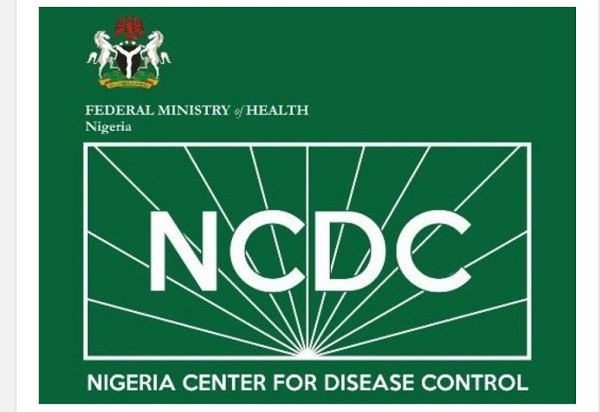
The Nigeria Centre for Disease Control and Prevention (NCDC) announced its transition from acute emergency response to integrated healthcare delivery for all infectious diseases, including COVID-19, following the World Health Organisation (WHO)’s declaration that COVID-19 is no longer a public health emergency of international concern.
Since 2022, Nigeria has de-escalated its COVID-19 response and has focused on promoting COVID-19 vaccination and recommended the use of face masks and other public health safety measures according to personal risk assessments.
The Nigeria Public Health Institute has complemented this move by leveraging the pandemic response to improve national health security through health system strengthening, emergency management training, and laboratory and infrastructural upgrades. The country is also working to improve emergency preparedness and planning at the state and local government levels.
As part of its integrated disease surveillance strategy, the NCDC encourages routine COVID-19 testing along with other infectious diseases as may be indicated in healthcare settings for clinical care, pandemic flu preparedness, bi-directional testing during investigations for HIV/AIDS, Tuberculosis and malaria, as well as in high-risk populations. The NCDC is also piloting pan-respiratory virus surveillance, which is aligned with the WHO’s recently declared preparedness and resilience for emerging threats (PRET) initiative.
The NCDC plans to introduce wastewater/environmental surveillance to track not just SARS-CoV-2 but also antimicrobial resistance, Mpox and typhoid (salmonella) as part of its genomic surveillance efforts. The centre is also working to consolidate COVID-19 pandemic laboratory investments into a cohesive national network of public health laboratories.
“We continue to work on consolidating COVID-19 pandemic laboratory investments into a cohesive, tiered national network of public health laboratories, as prescribed in the NCDC Act (2018). With the frequent emergence and re-emergence of infectious diseases, as well as concurrent disease outbreaks, the public health investments made during the pandemic to ensure health security in the country will need to be sustained,” the NCDC said.
The director-general of WHO, Dr. Tedros Ghebreyesus declared on May 5, 2023, that COVID-19 is no longer a public health emergency of international concern (PHEIC), Science Nigeria reports.
This declaration is to enable countries to transition from acute emergency response to managing COVID-19 as part of integrated healthcare delivery for all infectious diseases. While the threat of the virus remains within countries and globally, particularly for high-risk groups, this shift will allow Nigeria to sustain its public health investments made during the pandemic and ensure health security in the country.

